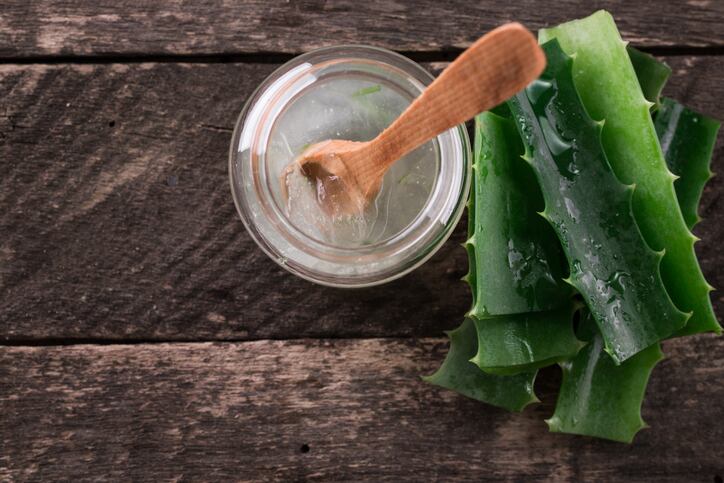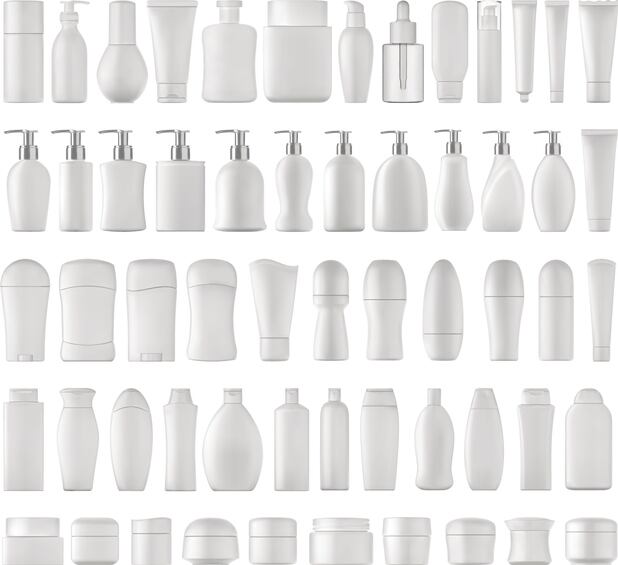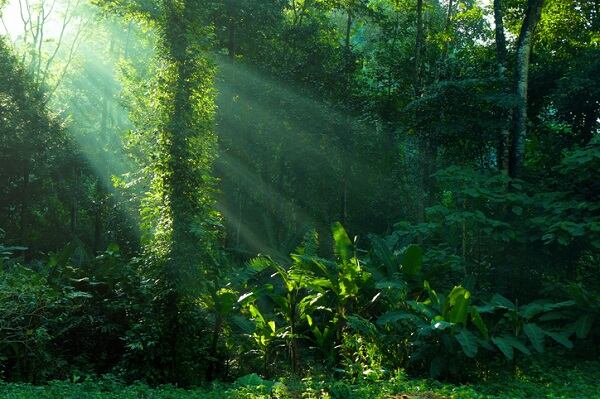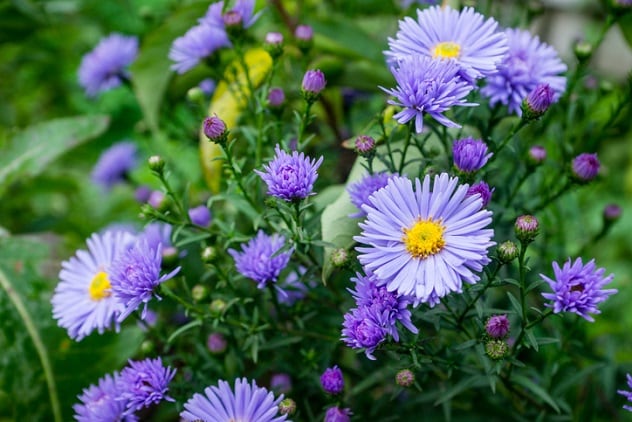Fabiana Munhoz, is head of Advanced Research, at L’Oréal Brazil, and has been instrumental in the development of sustainability programs that serve to promote Brazilian biodiversity and reassure consumers that the products they buy are the most eco-friendly they can be.
In this question and answer interview we asked about the company’s initiatives in the country and how the team plans to continue to improve its sustainability profile and what its ultimate plans are for the future.
How important is sustainability and which issues resonate with your customers in Brazil? And what sustainability initiatives is L’Oréal Brazil most proud of and why?
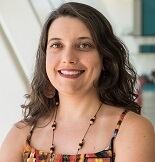
L’Oréal Brazil is focusing its sustainability initiatives in two main pillars: social inclusion and sustainable value chain. One initiative that we are very proud of is the promotion of the sustainable use of Brazilian biodiversity. In 2018, more than 200 families from Maranhão, Pará and Amapá states benefited from the direct purchasing of raw materials such as babaçu and pracaxi oil, murumuru and cupuaçu butter and Amazonian white clay. These cooperatives and associations of small farmers and harvesters were also included in our benefit sharing projects, focusing on investments in capacity building and equipment, to enhance and improve their productive capacity.
Can you tell me a little bit more about the Sharing Beauty With All program?
Sharing Beauty with All is the global sustainability program of L’Oréal initiated in 2013 and setting ambitious targets for 2020. The program is organized around 4 pillars:
- Sustainable innovation: by 2020 we will innovate so that 100% of our products have an improved environmental or social profile
- Sustainable production: by 2020 we will reduce our environmental footprint by 60% while bringing beauty to one billion new consumers
- Sustainable consumption: by 2020 we will empower our consumers to make sustainable consumption choices while enhancing the planet’s beauty
- Sustainable development: L’Oréal will share its growth with all our stakeholders, including employees, suppliers and communities around us. This includes enabling more than 100,000 people from underprivileged communities to access work.
How do you think L’Oreal product development will evolve alongside sustainability in the future?
Sustainability is already embedded in our every day life and is at the heart of our product development. Together with the support of external expert consultants, we have developed a sustainable product optimization tool, SPOT, that evaluates the life cycles of all our products. Today already, every product in the market is evaluated through this powerful tool, which is being improved continuously.
What are L’Oreal Brazil’s ambitions for sustainable product development in the future?
In Brazil, one of the main challenges in product development is to have the right performance, for a consumer that is very exigent, at the right cost and with a positive environmental profile. These three pillars will keep driving our product development with the same level of importance. We also have the very important mission to develop the best products that answer to the high expectations of our demanding consumers, who are also the most diverse in the world.
Fabiana Munhoz is head of Advanced Research at L’Oréal Brazil and led two sessions at in-cosmetics Latin America on ‘The tools for sustainable innovation’ in the Marketing Trends Theatre and a Technical Workshop on ‘A diversitied world and innovation’. The first session showcased the eco-design and sustainable sourcing tools developed by the group to achieve the goal of improving the environmental footprint, formulas, or packaging and promoting the use of renewable raw materials sustainably sourced or derived from green chemistry, generating a positive impact throughout the value chain. The Technical Workshop explored ‘five generations an their habits’, as well as ‘Autophagy applied to cosmetics.’

